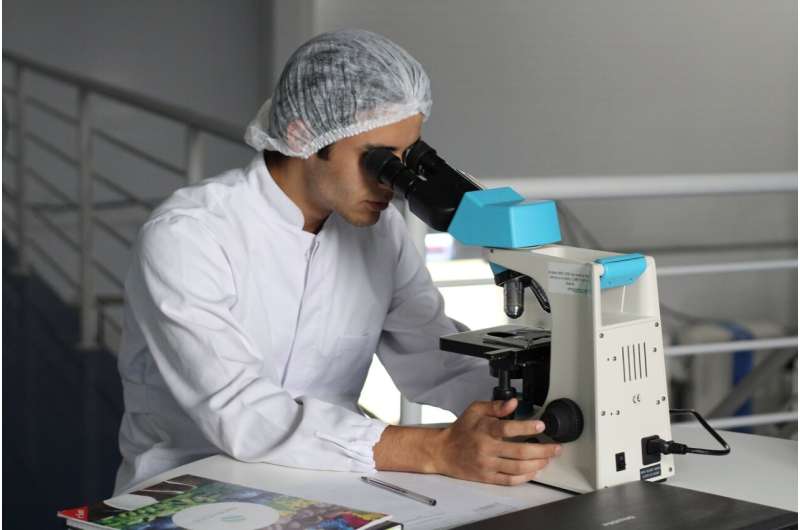
A test being developed in Queensland could help to reduce the high mortality rate from ovarian cancer by dramatically improving the accuracy of early detection.
University of Queensland researchers said the test had successfully detected more than 90 percent of early ovarian cancer compared to 50 percent for existing methods.
Project leader Associate Professor Carlos Salomon Gallo said results validated in 500 patients were extremely encouraging.
“The capacity of our method to identify positive cases suggests it could be an ideal first-line test for population screening,” Dr. Salomon Gallo said.
“Our research aims to achieve rapid identification of ovarian cancer in the first and second stages of formation, which is where the current gaps in community detection are evident.”
In Australia, about 1500 cases of ovarian cancer were diagnosed in 2019, and more than 1000 women died of the disease known as ‘the silent killer.”
The project has received $2.7 million from the Australian Government’s Medical Research Future Fund (MRFF) to validate the method in a larger cohort of patients and for clinical implementation.
The test developed at the UQ Centre for Clinical Research targets tiny ‘bubbles’ produced by cells—exosomes.
https://youtube.com/watch?v=-z1jozA7_as%3Fcolor%3Dwhite
“Exosomes essentially act as ‘letters,” traveling long distances via the bloodstream to deliver messages to other organs,” Dr. Salomon Gallo said.
“They have the extraordinary ability to capture a snapshot of what’s going on inside the organs.
“By measuring these biomarkers we hope to be able to identify if women have early stage ovarian cancer through a simple blood test.”
Dr. Salomon Gallo and fellow chief investigators from UQ, Professor Gregory Rice and Professor Sunil Lakhani, will now increase the scale of their testing.
They will work with Professor Usha Menon of University College London to evaluate the test with data from the world’s largest ovarian cancer screening trial.
Source: Read Full Article
